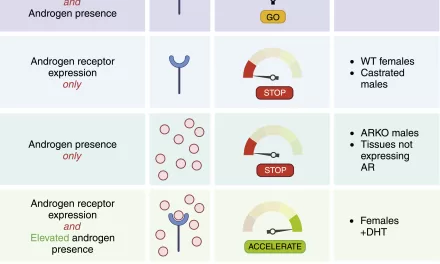A groundbreaking advancement in the treatment of cervical cancer has emerged from a recent study comparing a novel surgical technique with the current standard treatment. The study, led by researchers from Leipzig University Hospital, introduces Total Mesometrial Resection (TMMR), a surgical method developed over two decades ago, which has demonstrated compelling efficacy in managing early-stage cervical cancer.
Unlike traditional approaches that often necessitate adjunctive radiation therapy, TMMR offers a potential paradigm shift by omitting the need for radiation in primary management. This omission not only addresses critical health concerns but also promises to enhance the overall quality of life for women undergoing treatment.
“Our findings underscore the superior oncological outcomes associated with TMMR,” stated Dr. [Lead Researcher’s Name], lead author of the study. “The results suggest that TMMR could potentially replace current treatment strategies, positioning radiation therapy for salvage use.”
The study, published in [Journal Name], highlights TMMR’s capability to achieve improved therapeutic results while minimizing the adverse effects commonly associated with radiation therapy. This advancement marks a significant stride forward in cervical cancer treatment, motivating continued research and development in the field.
“Collaboration has been pivotal in advancing our understanding and application of TMMR,” emphasized [Lead Researcher’s Name]. “Our partnerships with international researchers have been instrumental in validating and disseminating our findings.”
Looking ahead, the research team is dedicated to further exploring the broader implications of TMMR in gynecological oncology. By integrating this innovative surgical approach into future treatment strategies, they aim to establish TMMR as a cornerstone in the fight against cervical cancer.
This breakthrough not only signifies a pivotal moment in medical science but also underscores the transformative potential of interdisciplinary collaboration in shaping the future of cancer care. As research progresses, the promise of TMMR continues to inspire hope for enhanced treatment options and improved outcomes for patients worldwide.












